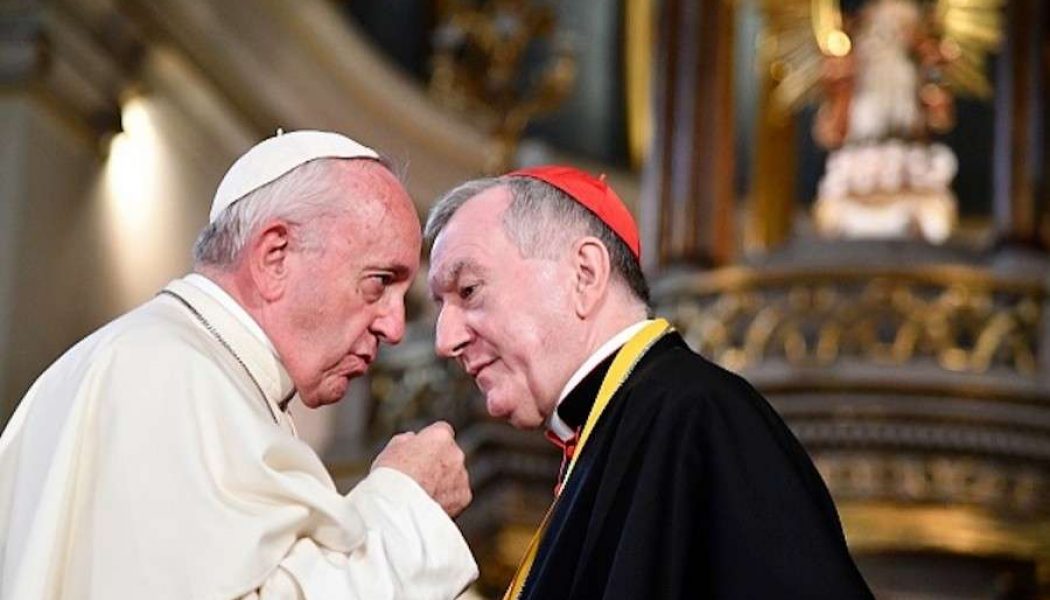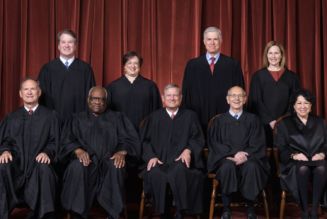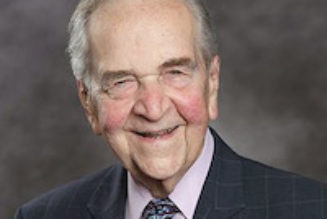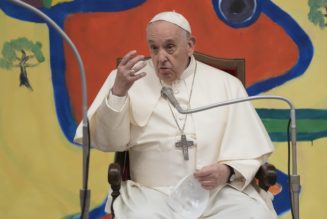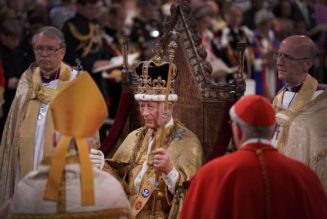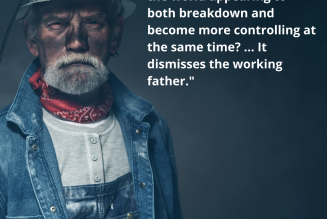
.- On Saturday, the ongoing saga of Vatican financial scandal – or reform, if you prefer – continued with the approval of several new changes to Vatican City law on transparency and economic oversight.
It also included the announcement that Cardinal Pietro Parolin will no longer sit on the reconstituted oversight board of the Institute for Works of Religious (IOR), commonly called the Vatican bank – the first time that the Secretary of State will not have a seat. That announcement is one of several indications that the cardinal and his department, both at the center of Church governance for years, may be losing influence and trust with Pope Francis.
Cardinal Parolin has, so far, remained largely aloof from the financial storm surrounding the curial department he leads, while the ongoing investigation has claimed the jobs of at least six former senior officials, and seen a dramatic fall from grace for his former chief deputy, Cardinal Angelo Becciu.
Parolin himself has – so far – attracted little scrutiny for his role in overseeing the financial dealings of the curia’s most central and politically powerful department. But the circumstances have begun to suggest that he could soon face difficult questions about his work and oversight of the Vatican’s Secretariat of State.
Much of the coverage of Vatican finances has focused on the role of Cardinal Becciu during his time as sostituto at the Secretariat of State. Becciu is, indeed, at the center of many, if not all, of the financial transactions under scrutiny. But in a recent interview, Enrico Crasso, an Italian businessman charged with investing millions in Vatican funds, noted that Becciu’s authority to act was given to him by Parolin directly.
Over the weekend, the Financial Times reported that the Secretariat of State had sold nearly 250 million euros in charitable assets to pay down debts incurred by Becciu while he engaged in speculative investments like the infamous London property deal. Those loans were the subject of notable clashes between Becciu and the former head of Vatican finances, Cardinal George Pell.
“When Becciu asked for the financing for the London building, he presented a letter from Cardinal Pietro Parolin… saying that Becciu had the full powers to leverage the entire assets,” Crasso told Corriere della Sera earlier this month.
It is not the first time Parolin has taken personal responsibility for Becciu’s controversial projects.
In 2019, Parolin told CNA he was personally responsible for arranging a controversial grant from the U.S.-based Papal Foundation, despite widespread accounts among Vatican officials crediting the affair to Cardinal Becciu.
The grant was intended to cover part of a 50 million euro loan to the secretariat by APSA, the Holy See’s sovereign wealth manager and central reserve bank, to finance the 2015 purchase of a bankrupt Catholic hospital in Rome, the IDI.
The APSA loan appeared to be in violation of Vatican financial regulations, and while American donors were told the funds were destined for the hospital itself, the exact destination of some $13 million remains unclear.
Through his infrequent interventions on Vatican financial scandals, Parolin has developed a reputation for taking personal responsibility for problems created by his subordinates, advancing his own credibility to cover for mistakes made in his department. But it now appears he may not have enough credit to cover the mounting bill.
In addition to the weekend’s announcement that Parolin had been left off the IOR’s oversight board, effectively boxing him and his department out of monitoring the bank, the cardinal was also left off of another key financial oversight board by the pope the week before.
On Oct. 5, Pope Francis chose Cardinal Kevin Farrell, the cardinal camerlengo, to oversee the Commission for Reserved Matters, which monitors financial transactions falling outside the normal Vatican regulations.
The selection of Farrell, who famously shared an apartment with Theodore McCarrick for several years without ever suspecting anything of the disgraced former cardinal’s behavior, is not an obvious one for a job that will require shrewd scrutiny of complicated cases. That the pope felt obliged to choose him for the role makes Parolin’s omission from the committee appear all the more pointed.
These decisions by the pope, and the announced changes to Vatican financial law, were made in the midst of Moneyval’s ongoing two-week on-site inspection of the Holy See, and the importance of securing a favorable review is hard to overstate. A sufficiently damning report could see the Holy See threatened with international blacklisting, which would be dire for its ability to function as a sovereign international authority.
Supporters of Parolin, and of the Secretariat of State’s role in general, have advanced the argument that much of the coverage of Vatican financial scandals is, in effect, an attack on the Holy See’s jurisdictional independence.
But with a series of scandals now touching seven former senior members of the Secretariat of State, some Vatican watchers are asking if the pope may now view Parolin, and the department he leads, as a liability in protecting that independence.
